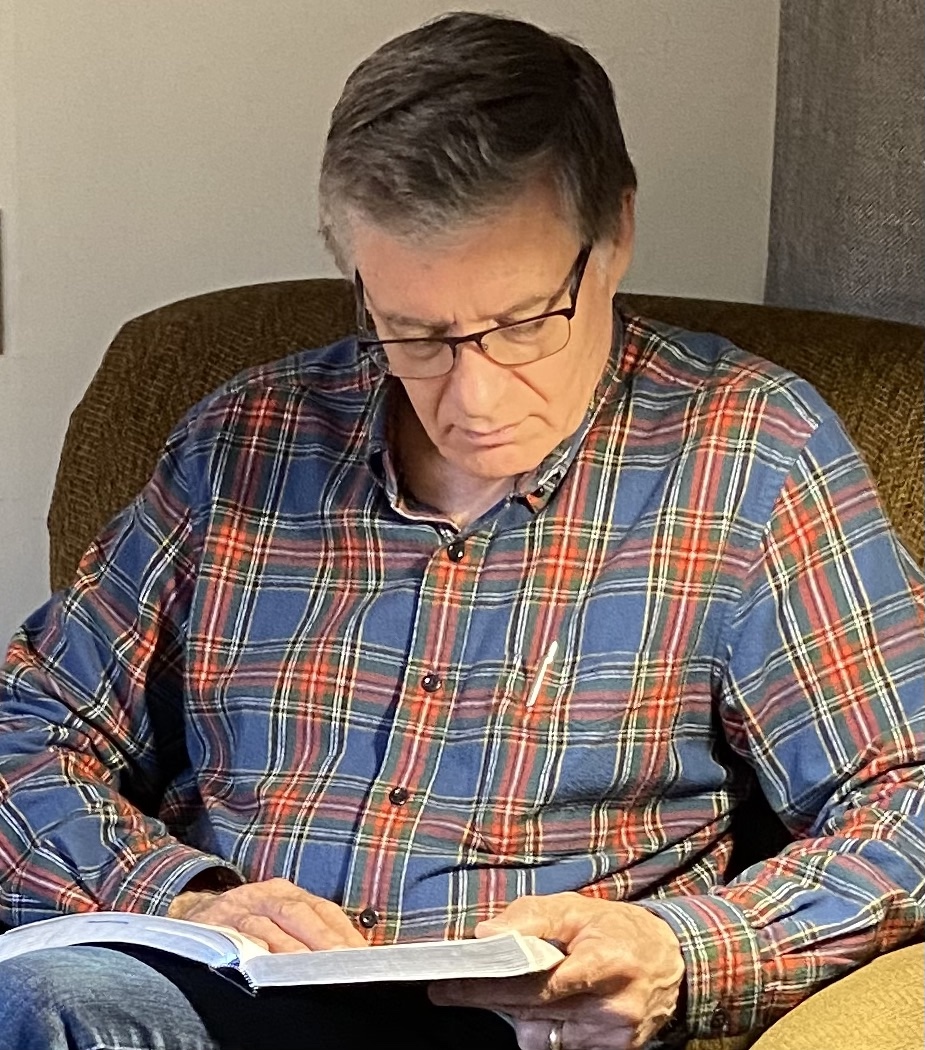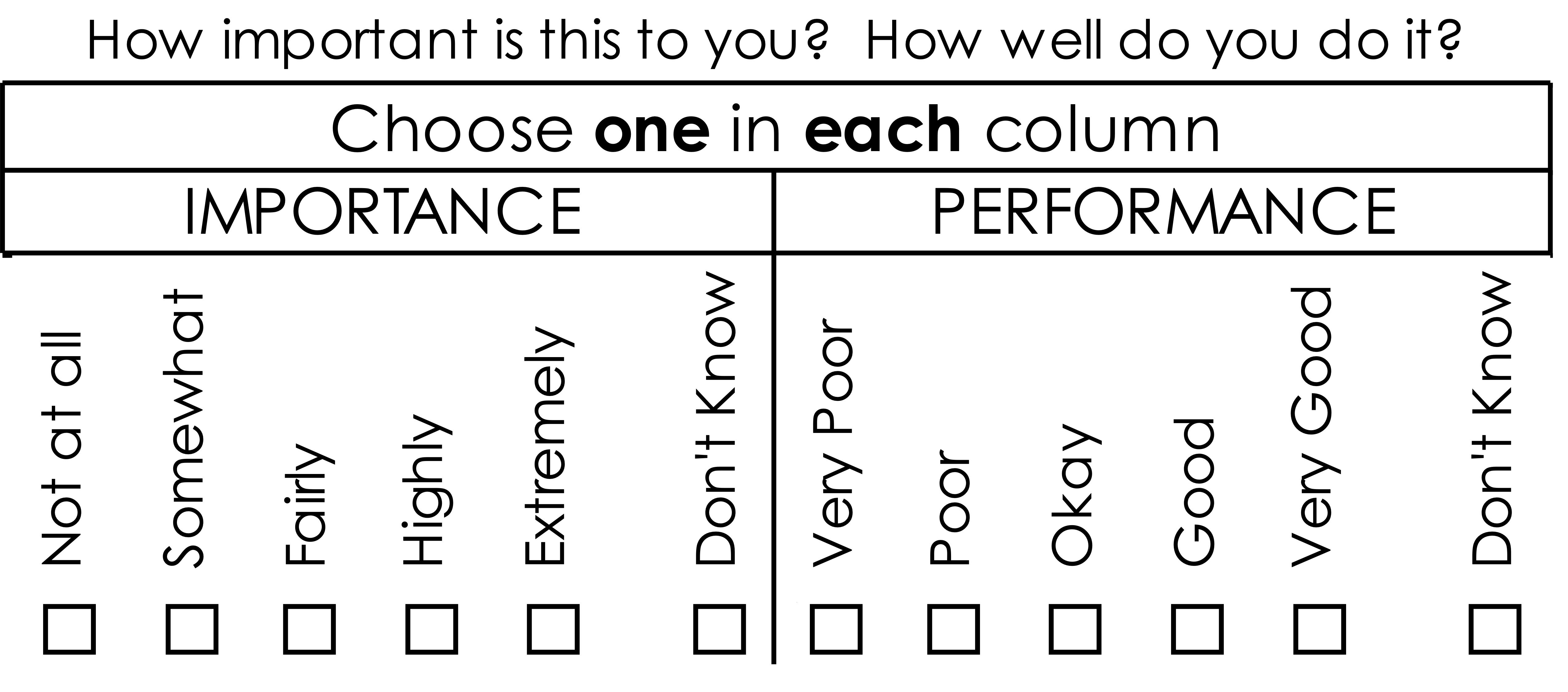Setting Boundaries as a Leader: Say "No" a Whole Lot More
- Home
- Basic Productivity Skills
- Setting Boundaries As a Leader
Setting boundaries as a leader doesn't come easy to many people. One part of protecting and maximizing your use of time is dealing with the many requests you get for your time.

- Attend this event
- Quickly review this for me.
- Write this section
- Fill in this survey
- This will just take a minute
- Lead this group
- Run this course
- Do this break-out
- Contribute to this
- I'd like to ask a few questions
- Attend this evening meeting
- Be in charge of ...
- etc etc - you get the idea!
“No” is a complete sentence. There is no mistaking what it means. “No” doesn’t have to come across without feeling or with arrogance. Many people are worn out because they say “Yes” to every request that is made of them. They are caught on a treadmill of pleasing others.
We all have certain activities and projects that fit our values and are in line with our personal desires. Take the time to think through those things you absolutely want to say “Yes” to. Once you know those, saying “No” to the rest becomes a whole lot easier.
Saying “No” will give you more time to concentrate your efforts on those areas and activities that are of greater importance to you.
"There will always be a minority of methods, a minority of practitioners, a minority of reasons and approaches that produce overwhelmingly superior results. Identify these. Then multiply them. Automatically, performance will not just be improved; it will be multiplied."
Richard Koch, 80/20 Principle
Five Days of Coaching to Help With Setting Boundaries as a Leader
DAY ONE
If you agree to take on too many responsibilities and little projects for people to the degree that it is causing you significant stress, practice saying the following for the rest of the day: “Sorry, I'm not able to do that.” No need for a long justification. “No” is a full sentence. Be kind. But be firm.
The Coach asks:
- How often have you declined a request in the last week or month?
- How often do you find yourself saying "Yes" to things you really believe others should be doing?
- What is it that causes you to hesitate saying "no?" This may take some time to think through. Sometimes the answer isn't so obvious.
- Find a private place and role play yourself declining a request? Be kind, but be firm. Don't let the individual talk you out of it if you are convinced the answer should be no. Practice this over and over, until you feel you have some language for it and some growing confidence to use it.
DAY TWO
Take some time today to think about whether by saying “yes” more than you should you are really trying to please others and have them think highly of you. This may not be the case at all for you. You may just be a very accommodating person. Even so, take some time to dig a little deeper and examine your own motives.
The Coach asks:
- What did you discover yesterday about your hesitation in saying no?
- What kind of reaction or response does saying yes to the person create in you? How does it make you feel about yourself?
- In day one, what did you learn about saying "no" while not injuring or affecting the relationship.
- What might be the reaction of your team members, if you almost always say "yes" to their requests for your time? What might be the reaction if you had a balance that included saying "no?"
DAY THREE
Today, practice saying “yes” to those requests which align with your values and priorities and which are reflective of the practical amount of time you have available. Say “no” to everything else.
The Coach asks:
- This is where "the rubber hits the road." What things are you almost certain you can say "yes" to? How do these align with your values and priorities?
- Reflect on today's "no's." What did that do in terms of freeing up time and emotional energy for you?
- If it's needed, how might you adjust your answer to honor the person, but clearly state the boundary?
- How much closer will this new habit bring you to being more effective in setting boundaries as a leader? Of course that may be other habits you may need to adjust as well, but this gets you started.
DAY FOUR
When you do say “yes”, be generous with your help and time, knowing that it is exactly what you should be doing right now. It is perfectly reflective of your personal interests, values and passion.
The Coach asks:
- With all the "no's" you are making use of, how does being able to be more available for the important things feel to you?
- How does this shift your attitude about your time and contribution?
- This is a good time to stop and reflect further. What are those few things where your time and effort can really move things forward?
- What shift are you noticing in your key leaders as you practice this new habit? How might they benefit further?
DAY FIVE
Today, review your new policy about saying “no”. Does it work for you? Make adjustments if needed. Be prepared for the next request that is made of you.
The Coach asks:
- This one practice of setting boundaries as a leader is pivotal. Maybe you're someone it doesn't matter much to. But it does matter A LOT to most leaders and executives. It's a freeing and empowering habit to practice. Don't pass it by to quickly. What further thought or work do you need to do to really make this a consistent practice?
- Someday there's going to be that request that seems excruciating to say "no" to. How can you ready yourself for it? What criteria will it have to meet to become a "yes?"
As the Lord Has Assigned to Each His Task

As a Christian Executive Leadership Coach I encourage Christian leaders to reflect on God's Word to add to their wisdom.
- Mt 5:37 All you need to say is simply 'Yes' or 'No'; anything beyond this comes from the evil one.
- 1 Cor 3:5,6 What, after all, is Apollos? And what is Paul? Only servants, through whom you came to believe, as the Lord has assigned to each his task. I planted the seed, Apollos watered it, but God has been making it grow.
- Pr 4:23 Above all else, guard your heart, for everything you do flows from it.
- 2 Cor 6:14 Do not be yoked together with unbelievers. For what do righteousness and wickedness have in common?
If you are a leader, executive, or senior level professional looking to work with a Christian Executive Coach, I invite you to connect with me here.
If appropriate, we can meet by phone or Zoom to discuss your situation.
Record Your Progress
This is your opportunity to track your progress. Start by asking yourself how important this practice is to you? Record the importance as - not at all, somewhat, fairly, highly or extremely.
Now next to it ask yourself how well you carry out this practice. Record your performance as - very poor, poor, okay, good or very good.

The things we track, we pay attention to. Across time, come back and record your new results. You will find that as you are intentional about making improvements, you will bump your "score" up higher.
This is significant. Don't miss the opportunity to acknowledge your success, and use it as a springboard for making even further gain.
Notes
I know it's hard to say no to many of the requests you receive. But, you are a leader, and you do have things to get done. If you don't want to be a slave to the next request others make of you, you must make a decision to be more selective. If you are feeling guilty, get to the bottom of that.
Setting boundaries as a leader will be essential to getting more of the right things done in a timely fashion. As you establish those boundaries, you will find your focus sharpen.
Contact me here Privacy Policy
© G.E.Wood and Associates. All Rights Reserved in all media.
G.E. Wood and Associates is an international coaching firm registered in Ontario, Canada
142 Pratt Crescent, Gravenhurst, Ontario, Canada, P1P 1P5